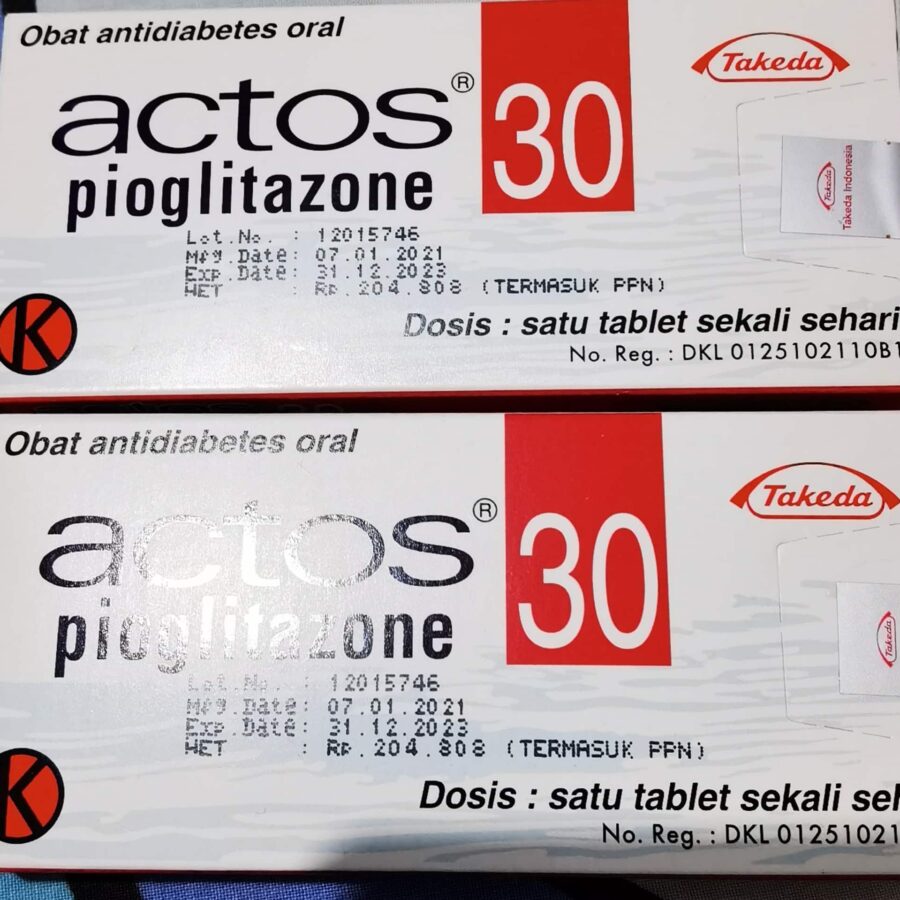The U.S. Food and Drug Administration recently announced “that use of the diabetes medication Actos (pioglitazone) for more than one year may be associated with an increased risk of bladder cancer.” The FDA explains that from January 2010 through October 2010, “approximately 2.3 million patients filled a prescription for a pioglitazone-containing product from outpatient retail pharmacies.”
According to the FDA the “patient Medication Guide for these medicines will be revised to include information on the risk of bladder cancer.” However, these safety measures may have come too late. Actos bladder cancer lawsuits have already been filed by dozens of individuals who claim Takeda Pharmaceuticals, the maker of the drug, did not perform adequate research into their medication or properly warn about the risks associated with its use.
One such lawsuit was filed by a man who claims he “developed bladder cancer after taking medication to treat his type II diabetes,” the Madison Record reports. According to the article, Robert Bettorf began taking the medication in 2007 and was diagnosed with bladder cancer the following year. Papers filed in connection with his lawsuit state that “Takeda and Eli Lilly were aware as early as 2005 of the increased risk of cancer associated with the drug, but failed to warn consumers of it,” the Madison news source reports.
A June 2011 article published by ABC News explains that individuals taking Actos for more than a year “may have an increased risk of bladder cancer, according to an FDA interim review of an ongoing epidemiological study.” That warning from the FDA came only days after health agencies in two European countries banned Actos, the news source reports.
The ABC report goes on to explain that, despite data from a five-year study data that shows “no overall increased risk of bladder cancer, patients with the longest exposure to and the highest cumulative dose of the drug were at greater risk.” This includes individuals like Robert Bettorf, the Madison Record explains, who continued taking the medication until 2011 because he was not aware of such risks.
ABC News reports that Actos is not the first medication in its class to be linked to serious side effects. According to that report, “Actos is now the second medication in the thiazolidinedione (TZD) class to be associated with serious side effects,” after Avandia’s use was “severely restricted in the U.S.” over concerns of a rise in heart attacks among its users. The news report explains that recent concerns over these medications may cause doctors to move away from prescribing medications in this class.
The most recent FDA safety announcement explains that healthcare professionals should avoid prescribing Actos for patients “with active bladder cancer,” as well as using caution “in patients with a prior history of bladder cancer.” The FDA indicated that it will continue evaluating data from the ten-year ongoing study, review other study results, and release public updates as soon as they become available.
If you or a loved one has experienced serious side effects or health complications as a result of using Actos, contact Newsome Law Firm and fill out a case evaluation form today. Our team of attorneys has experience specific to complications associated with prescription medication. Not only can they give you the legal guidance you need, they can help you get the compensation you deserve.
References:
Fiore, Kristina. (June 16, 2011) “FDA Warns of Bladder Cancer Risk With Actos.” Retrieved on October 19, 2011 from ABC News.
Holleran, Kelly. (October 3, 2011) “Takeda and Eli Lilly sued over Actos in Madison County.” Retrieved on October 19, 2011 from The Madison Record.
U.S. Food and Drug Administration Safety Announcement (June 6, 2011) “FDA Drug Safety Communication: Update to ongoing safety review of Actos (pioglitazone) and increased risk of bladder cancer.” Retrieved on October 19, 2011 from the FDA.
/* Style Definitions */ table.MsoNormalTable {mso-style-name:”Table Normal”; mso-tstyle-rowband-size:0; mso-tstyle-colband-size:0; mso-style-noshow:yes; mso-style-priority:99; mso-style-qformat:yes; mso-style-parent:””; mso-padding-alt:0in 5.4pt 0in 5.4pt; mso-para-margin:0in; mso-para-margin-bottom:.0001pt; mso-pagination:widow-orphan; font-size:11.0pt; font-family:”Calibri”,”sans-serif”; mso-ascii-font-family:Calibri; mso-ascii-theme-font:minor-latin; mso-fareast-font-family:”Times New Roman”; mso-fareast-theme-font:minor-fareast; mso-hansi-font-family:Calibri; mso-hansi-theme-font:minor-latin; mso-bidi-font-family:”Times New Roman”; mso-bidi-theme-font:minor-bidi;}


